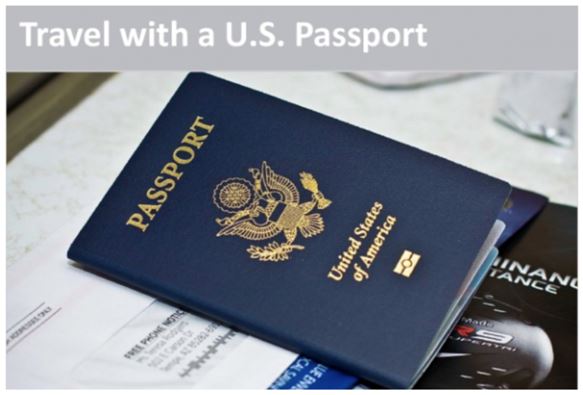Many of the investors who receive U.S. green cards through the EB-5 visa program later go on to apply for U.S. citizenship, which grants them all the same rights as people born on U.S. soil.
In general, to be born with U.S. citizenship, one must be born either in the United States or its territories or to U.S. citizens abroad. The other way to become a U.S. citizen is to go through the naturalization process, which foreign nationals may apply for via United States Citizenship and Immigration Services (USCIS). If approved, the foreign national and all their children younger than 18, if any, receive U.S. citizenship.
EB-5 visa investors receive green cards through their investment, which grants them permanent residency. After five years of living in the U.S. with permanent resident status, foreign nationals may apply for U.S. citizenship.
The Benefits of U.S. Citizenship
Naturalized U.S. citizens are granted the same rights and privileges as natural-born U.S. citizens.
Voting Rights

U.S. citizens hold the right to vote in local, state, and federal elections, and they may also run for any elected office other than that of the president and vice president.
Extension of U.S. Citizenship to Children

The children of U.S. citizens are considered natural-born U.S. citizens, even if they are born abroad or if their parents are naturalized U.S. citizens.
U.S. Passport

U.S. citizens are entitled to U.S. passports and the travel advantages associated with them. They can also receive assistance from U.S. embassies and consulates abroad.
Access to Federal Jobs

U.S. citizens are eligible to apply for federal jobs, which are generally only open to citizens.
Access to U.S. Universities and Colleges

While international students are also welcome at U.S. colleges and universities, U.S. citizens benefit from higher chances of admission and in-state tuition cuts.
Faster Immigration Processing for Family

Naturalized U.S. citizens enjoy a faster immigration process when bringing their relatives to their new homeland.
The Responsibilities of U.S. Citizenship
There are also a number of responsibilities associated with U.S. citizenship:
- All citizens must pay the federal, state, and local income tax required of them.
- Citizens are expected to vote in elections as a civic responsibility.
- Citizens have the possibility of being summoned as jurors.
- Eligible male citizens aged 18 to 25 are required to register with Selective Service, although this does not necessarily mean they will be drafted.
The U.S. Naturalization Process
Only foreign nationals who fulfill one of the following criteria may apply to become a naturalized U.S. citizen:
- Hold permanent residency for at least five years
- Hold permanent residency for at least three years as the spouse of a U.S. citizen
- Perform military service for the U.S. Armed Forces
To apply for naturalization, eligible foreign nationals must submit Form N-400, Application for Naturalization to USCIS. They must prove their eligibility and provide any criminal history they may have. There is a fee associated with the application, as well as one for the required biometric services, such as a criminal background check and fingerprinting.
Processing typically takes between four to six months. Upon receiving UCSIS approval for the application form, an applicant must pass a naturalization test assessing the applicant’s English proficiency and knowledge of U.S. politics and history.
The final step is to undergo a ceremony wherein the applicant takes the Oath of Allegiance, which entails swearing to defend the Constitution and U.S. laws and to protect the country if needed. After this, the foreign national becomes a naturalized U.S. citizen.







